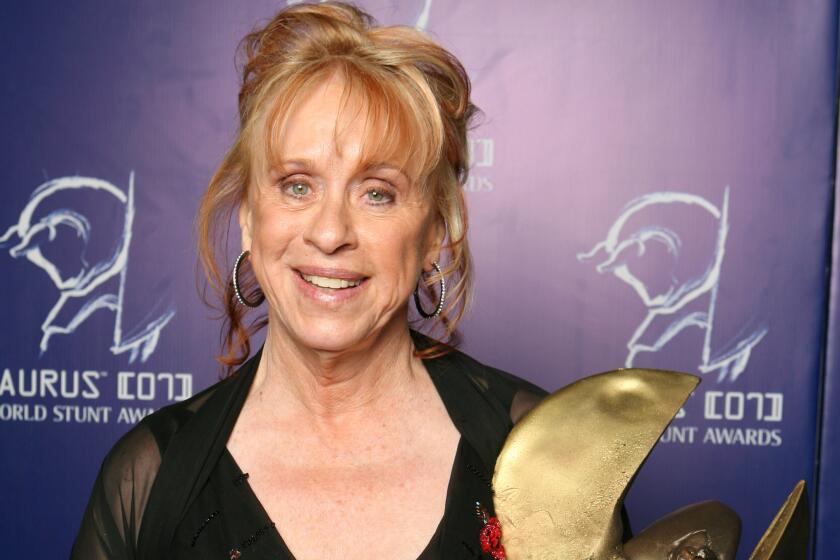Are CEOs Worth What They’re Paid?
“Final Bell for Grasso Strikes a Nerve” (Sept. 21) says that the level at which compensation for chief executives becomes “excessive” is highly subjective and involves a gut-level call. The logic that executive rewards are high because that is the going market rate is ludicrous. Executive pay is high because executives have manipulated the system. The salary of the typical worker is controlled through a rigid pay structure whereby promotions lead to higher pay. Why should the CEO and other executives be treated differently?
Shareholders should approve the overall increase between each job level (and the number of levels), which then defines the maximum a CEO should earn. For example, if each promotion produced a 20% increase in pay and there were 20 levels, then the CEO in the top category would earn 38 times the lowest-paid worker. Executives cannot achieve anything without the cooperation and assistance of people in the company. They are part of a system and should be rewarded that way.
Margot Durrett
Cloverdale
*
Fueled by the economics of envy, the current jihad against supposedly “excessive pay packages” for top CEOs is a bad omen for the U.S. economy. The ayatollahs in this financial holy war condemn the fact that the average CEO pay for 2002 was 282 times the wages of the average U.S. production worker. Actually, such compensation for proven CEOs, determined freely and guided by the law of supply and demand, is a financial bargain, benefiting the companies, workers, public and stockholders. What “activist investors” or public pension-fund managers would invest a dime in a multibillion-dollar corporation run by a team of 282 average workers?
Al Ramrus
Pacific Palisades






